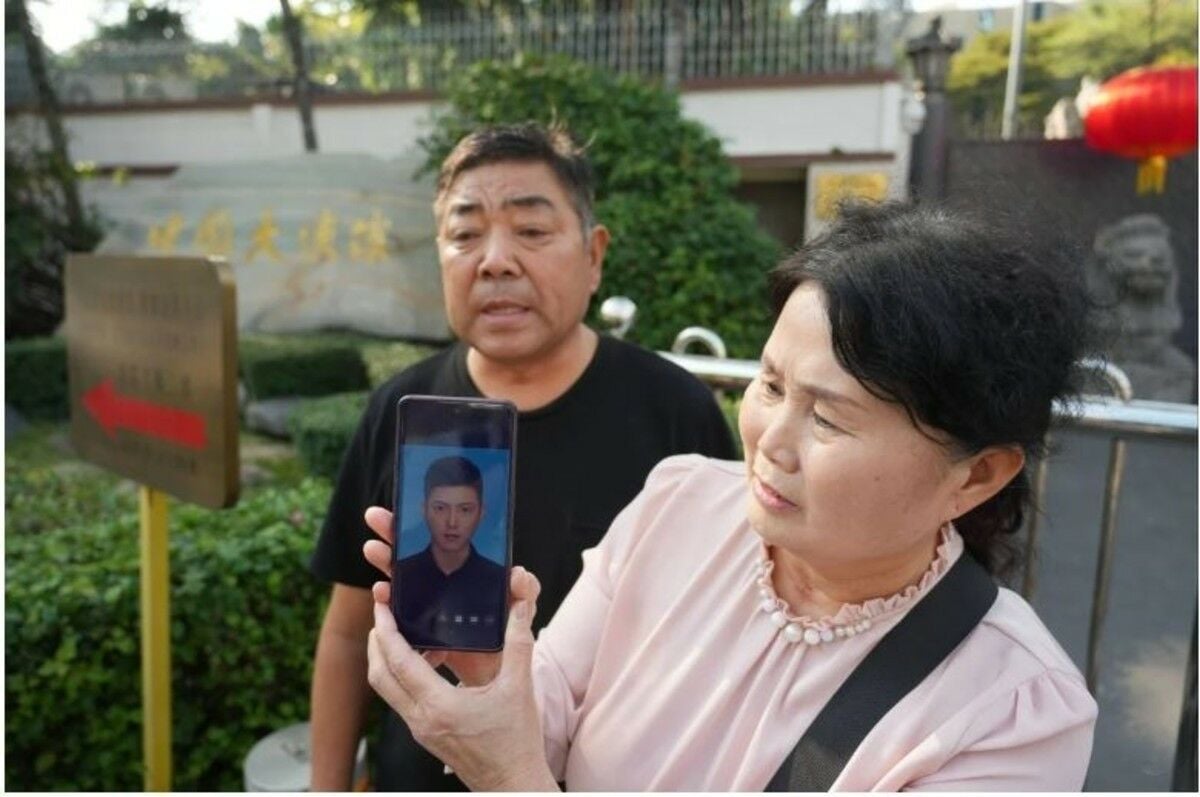Chinese couple beg for help in Bangkok amid son’s trafficking fears

A distraught Chinese couple has made a desperate plea outside the Chinese embassy in Bangkok, seeking help to find their missing son, suspected to be a victim of human trafficking in Southeast Asia.
The couple, 64 year old Sun Maoxing and his wife 60 year old Wang Weiju, travelled from China’s Shandong province to Thailand on their first-ever trip abroad, hoping to locate their only son, 32 year old Sun Baochao.
“He is our only son. We cannot live without him. Please save my son.”
Sun Baochao’s last known contact with his parents was during his mother’s funeral in April last year. Since then, the family has only received sporadic messages via WeChat, including vague requests for money. Wang also reported receiving three calls from her son’s account but the caller was a woman speaking broken Mandarin.
Thai police confirmed Sun arrived in Bangkok on January 1, taking a taxi from Suvarnabhumi Airport but no further trace of him has been found. Embassy staff have requested the couple submit case documents but offered no updates.
“The embassy said they’d contact me when there’s news, but they have nothing right now.”
The case underscores the growing crisis of human trafficking in Southeast Asia, where victims are often lured by fake job offers and coerced into working in scam operations, especially along the Myanmar border.
Their story parallels that of 40 year old Wang Yaxin who is searching for his missing 28 year old cousin last located in Thailand’s Tak province. Wang fears his cousin fell victim to a loan scam.
The issue recently made headlines after Chinese actor Wang Xing was rescued from a Myanmar scam compound. Wang, like many victims, was lured under false pretences, held captive, and forced into fraudulent schemes, reported Hindustan Times.
The Thailand-Myanmar border region, particularly areas like Mae Sot in Tak province, has become a hotspot for such criminal activities.
Criminal syndicates exploit these border areas to traffic individuals into scam operations, often involving forced labour and severe mistreatment.
Reports indicate that over 6,000 individuals, including approximately 3,900 Chinese nationals, are held captive in Myanmar’s human trafficking networks, enduring physical and psychological abuse, according to The Star.
Latest Thailand News
Follow The Thaiger on Google News:


























